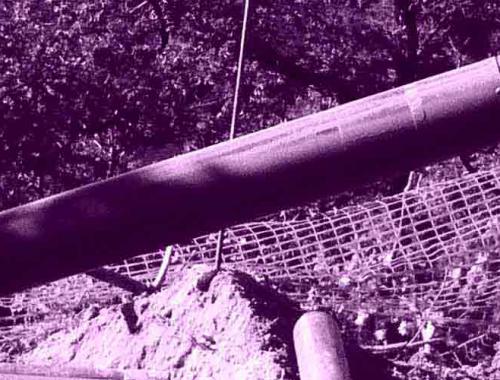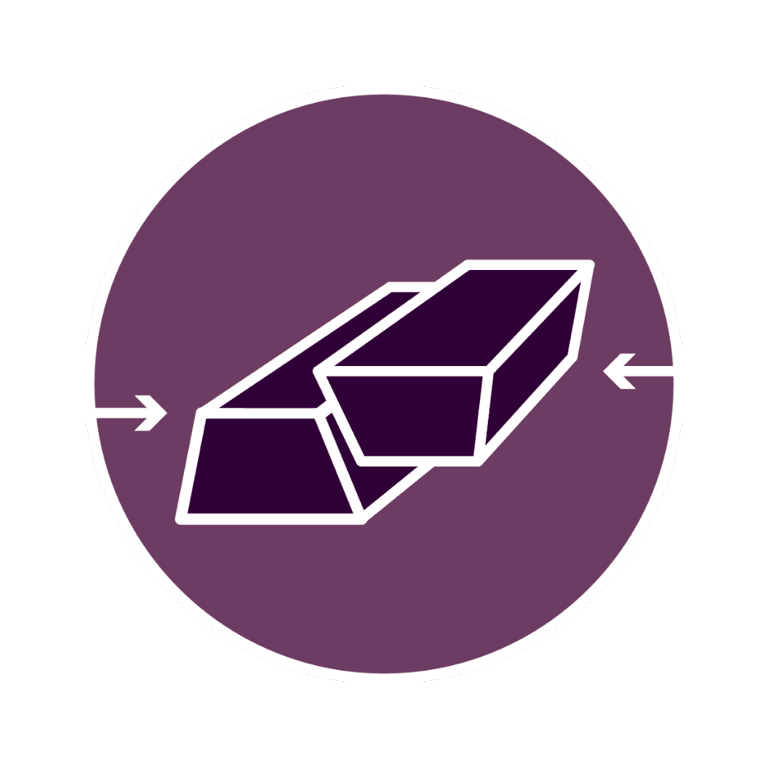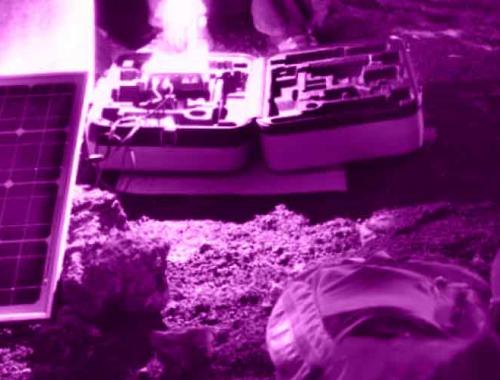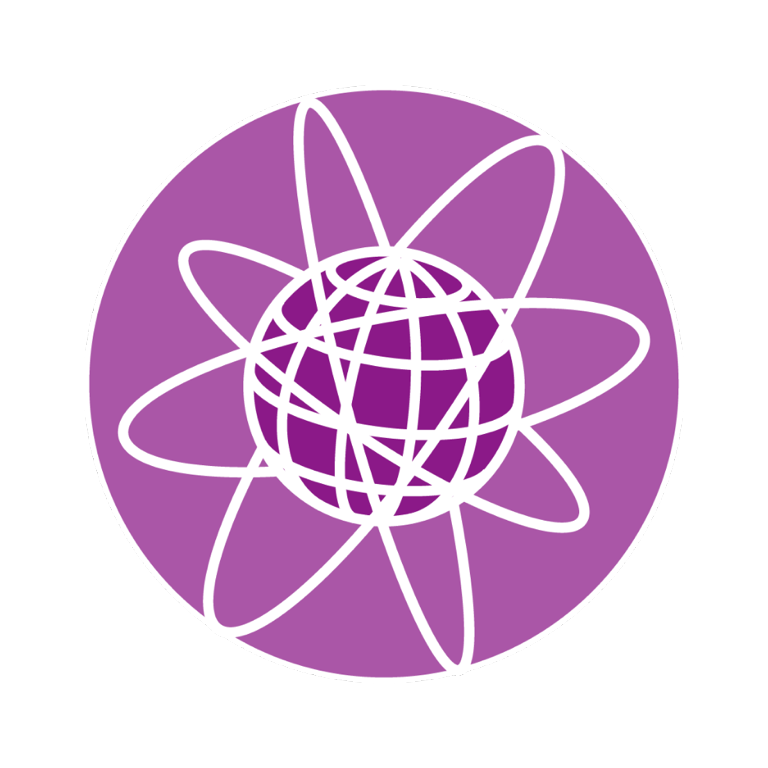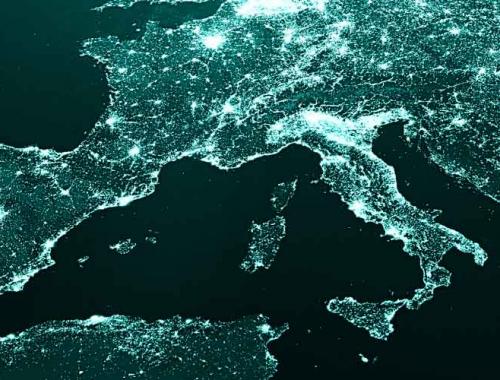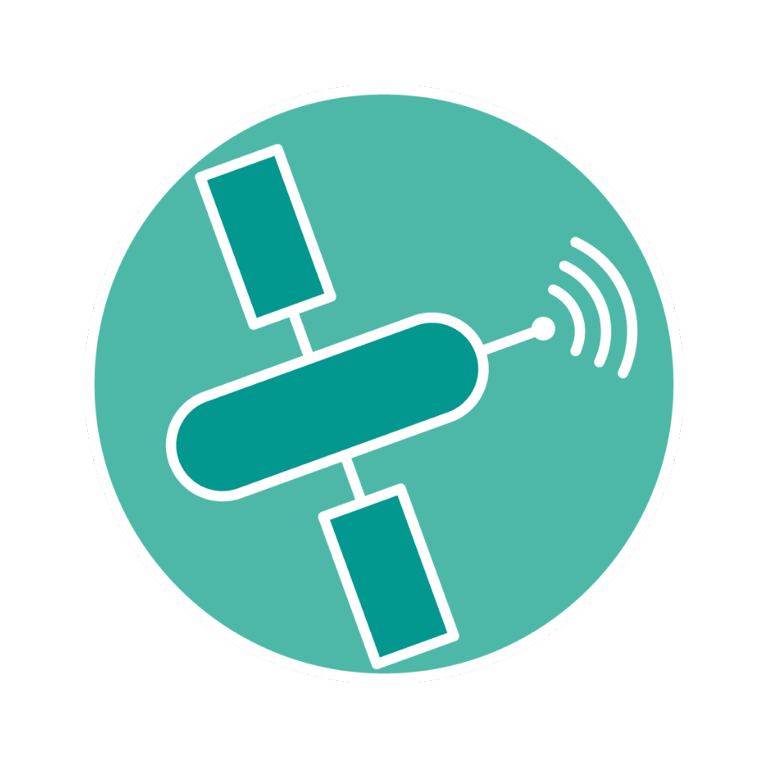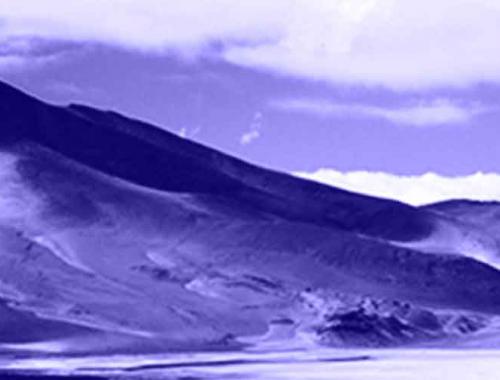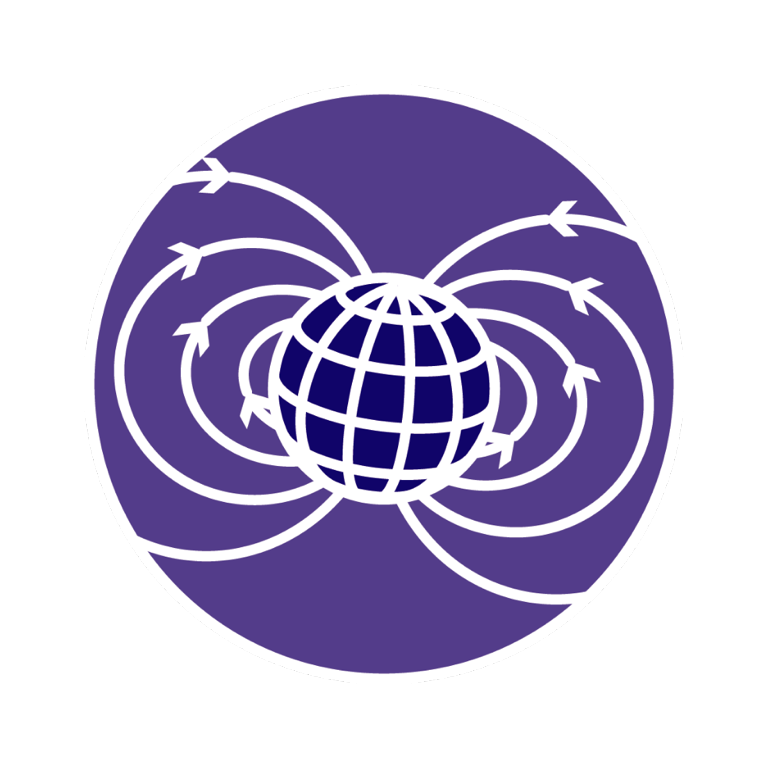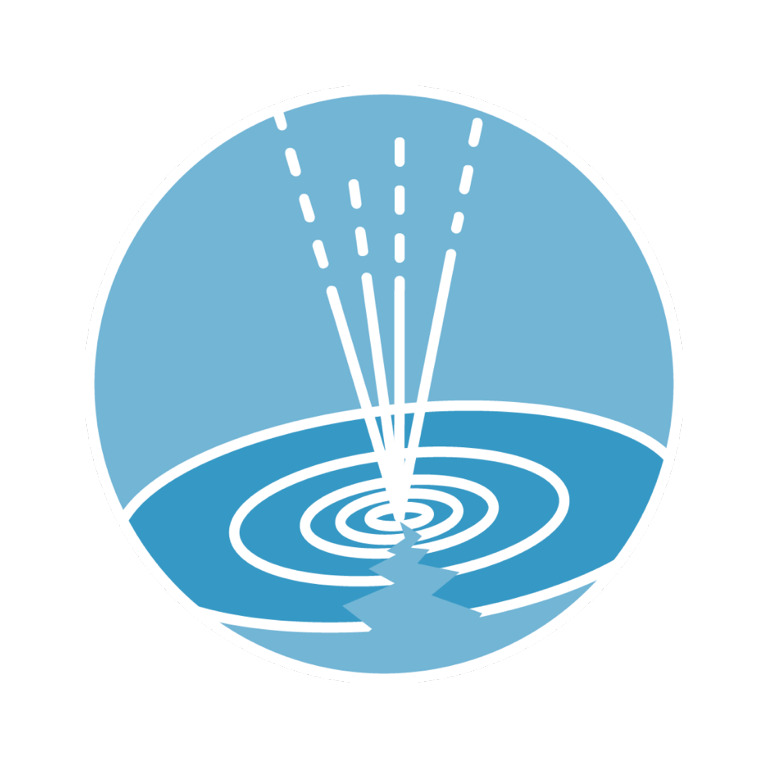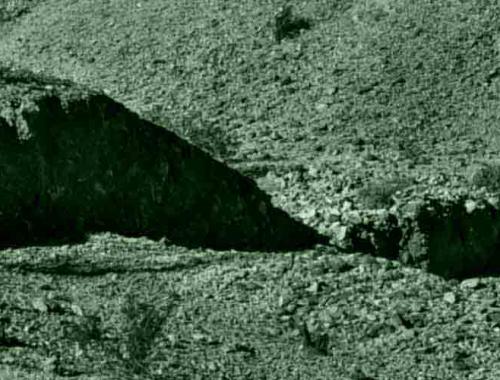

Seismology
The TCS Seismology builds on existing coordinated European seismological infrastructures - ORFEUS, EMSC, EFEHR - and associated datacenters to provide services for seismic waveform data, seismological products, and seismic hazard and risk information, and integrates these within the EPOS architecture.


Geological Information and Modeling
The TCS Geological Information and Modeling is responsible for building upon huge amount of geological and borehole information available from the European Geological Surveys and providing a number of services easily accessible through the EPOS infrastructure and multidisciplinary research platform.
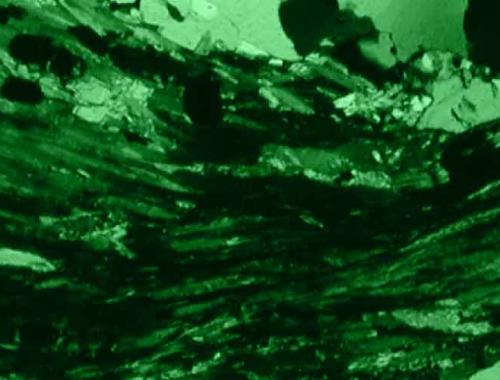

Multi-Scale Laboratories
TCS Multi-scale laboratories includes a wide range of world-class experimental laboratory infrastructures: from high pressure-temperature rock and fault mechanics and rock physics facilities, to electron microscopy, micro-beam analysis, analogue modelling and paleomagnetic laboratories.
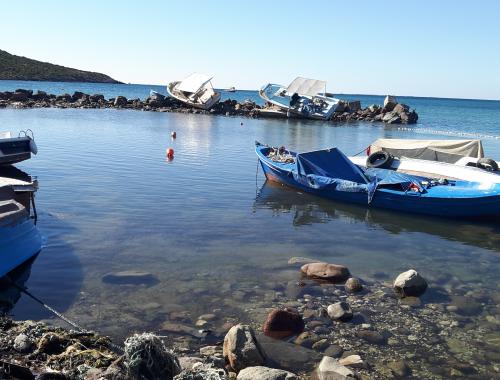

Tsunami
The Thematic Core Service (TCS) Tsunami coordinates within the EPOS infrastructure the provision of various tsunami-related services, such as data (e.g., sea level, historical, submarine landslides), instrument information, tsunami information products, numerical models, and hazard and risk products in Europe.
